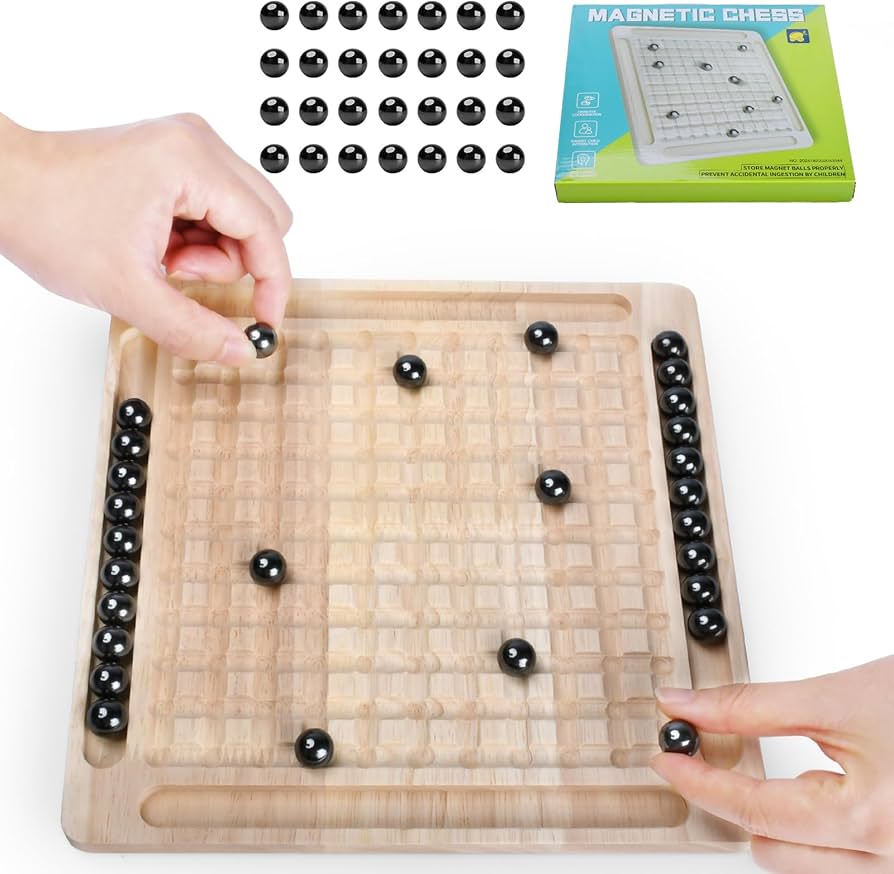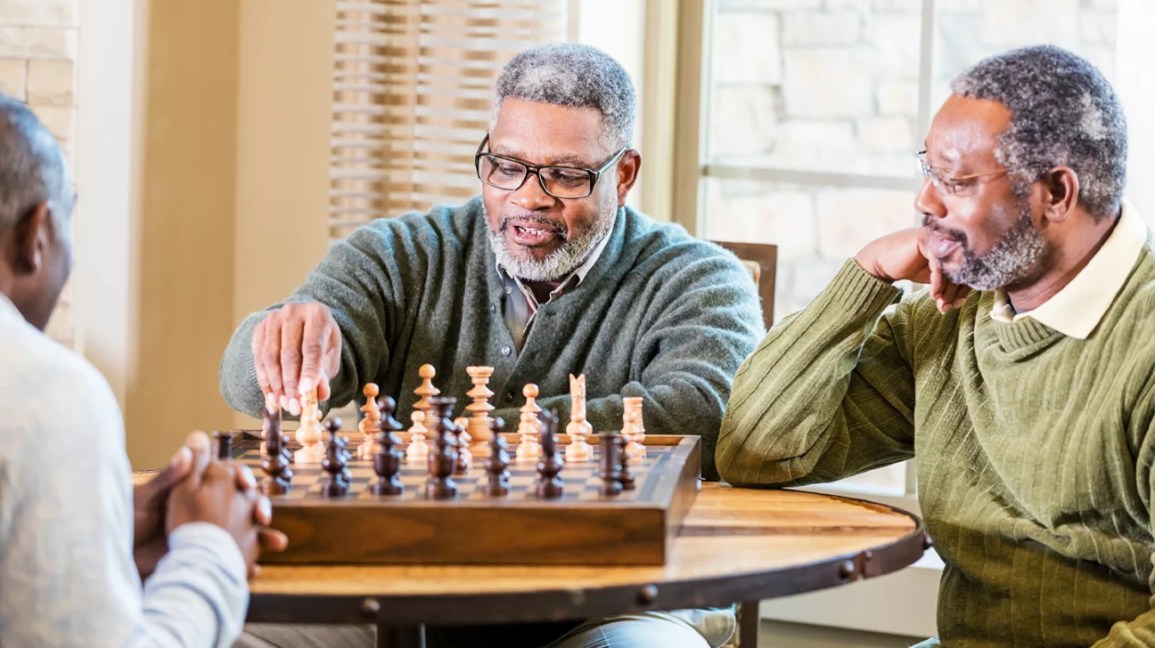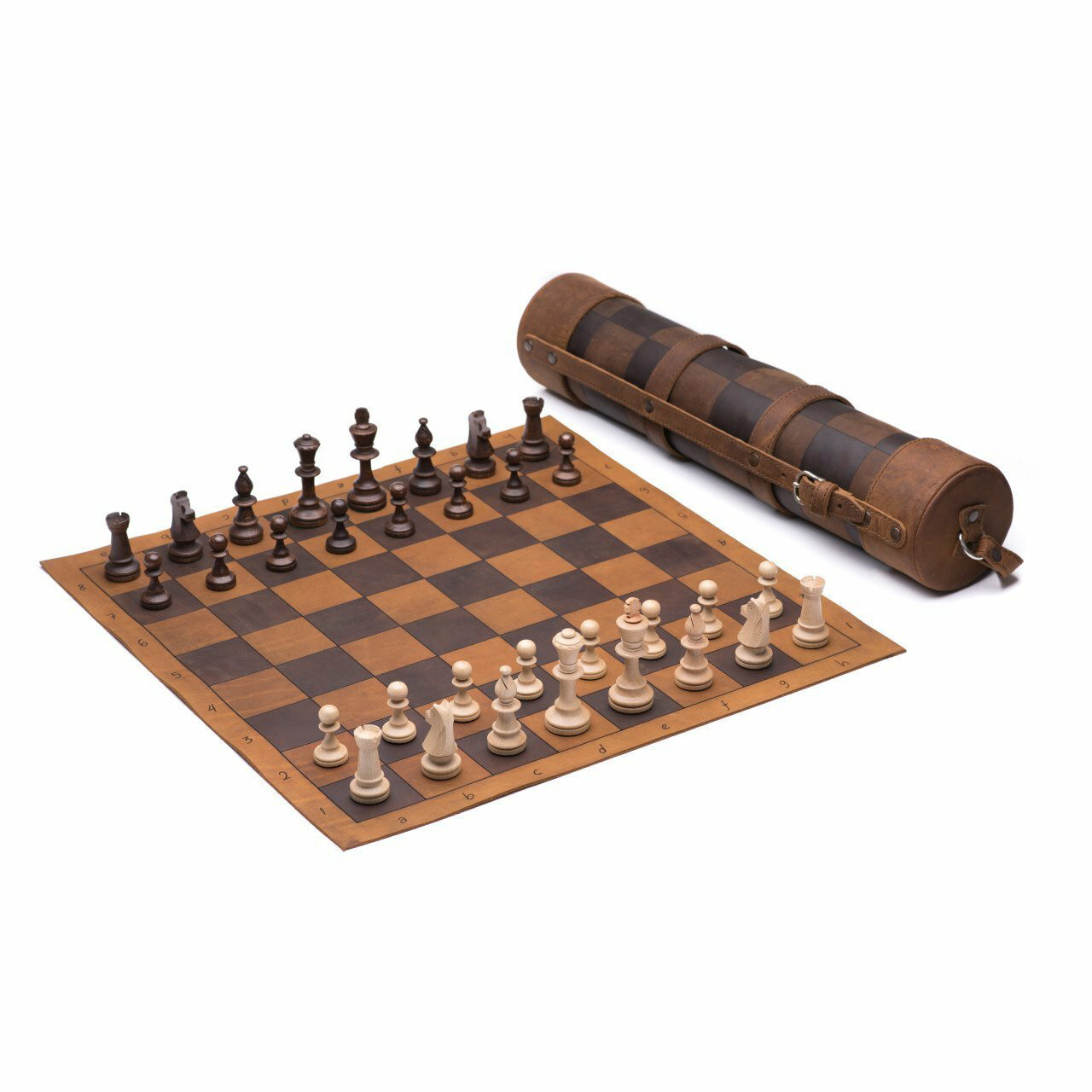Chess is not just a game of moves. It is a game of the mind. To win, you need to be mentally strong. This article will help you find the best books on chess psychology and mental toughness.

Credit: www.amazon.com
Why Read Books on Chess Psychology?
Chess is a tough game. It is more than just moving pieces. You need to think many steps ahead. You need to stay calm under pressure. Chess psychology helps you understand the mind game. It helps you stay focused. It helps you handle stress. It helps you win.
Top Books on Chess Psychology and Mental Toughness
Here are some great books. These books will help you improve your chess skills.
1. The Art Of Learning By Josh Waitzkin
Josh Waitzkin is a chess champion. He wrote this book to share his experiences. The book is not just about chess. It is about learning and growth. It teaches you how to learn from your mistakes. It shows you how to stay focused. It is a must-read for anyone who wants to improve.
2. Mind Master By Viswanathan Anand
Viswanathan Anand is a world chess champion. In this book, he shares his journey. He talks about his successes and failures. He shares tips on how to stay calm under pressure. He teaches you how to stay focused. This book is very helpful for chess players.
3. The Psychology Of Chess By Fernand Gobet
Fernand Gobet is a chess player and psychologist. In this book, he explains the mind games in chess. He talks about how players think. He explains how to handle stress. This book is very insightful. It helps you understand the mental side of chess.
4. Chess For Zebras By Jonathan Rowson
Jonathan Rowson is a chess grandmaster. In this book, he talks about the mind game of chess. He explains how to stay focused. He teaches you how to handle pressure. He shares tips on how to improve your mental toughness. This book is very useful for chess players.
5. The Seven Deadly Chess Sins By Jonathan Rowson
This is another great book by Jonathan Rowson. In this book, he talks about common mistakes in chess. He explains how to avoid these mistakes. He teaches you how to stay focused. He shares tips on how to improve your mental toughness. This book is very helpful for chess players.
6. Chess Psychology: The Will To Win! By William Stewart
William Stewart is a chess coach. In this book, he talks about the mind game of chess. He explains how to stay focused. He teaches you how to handle pressure. He shares tips on how to improve your mental toughness. This book is very useful for chess players.
7. Practical Chess Psychology By Amatzia Avni
Amatzia Avni is a chess player and psychologist. In this book, he explains the mind games in chess. He talks about how players think. He explains how to handle stress. This book is very insightful. It helps you understand the mental side of chess.
How to Use These Books
Reading these books is just the first step. You need to practice what you learn. Here are some tips to help you:
- Take notes while reading.
- Practice the techniques you learn.
- Stay focused during your games.
- Learn from your mistakes.
- Stay calm under pressure.
Conclusion
Chess is a game of the mind. To win, you need to be mentally strong. These books will help you improve your chess psychology and mental toughness. Read them. Practice what you learn. Stay focused. Stay calm. Win your games.

Credit: www.amazon.com
Summary of Books
| Book Title | Author | Key Focus |
|---|---|---|
| The Art of Learning | Josh Waitzkin | Learning and Growth |
| Mind Master | Viswanathan Anand | Staying Calm Under Pressure |
| The Psychology of Chess | Fernand Gobet | Understanding Mind Games |
| Chess for Zebras | Jonathan Rowson | Staying Focused |
| The Seven Deadly Chess Sins | Jonathan Rowson | Avoiding Common Mistakes |
| Chess Psychology: The Will to Win! | William Stewart | Improving Mental Toughness |
| Practical Chess Psychology | Amatzia Avni | Handling Stress |







